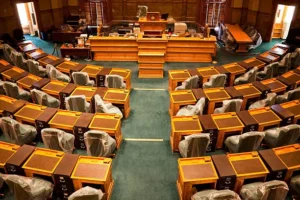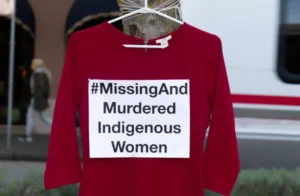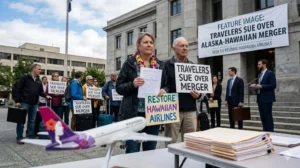Cecilia Sala, a 29-year-old Italian Journalist detained in Iran for three weeks, returned home Wednesday after extensive diplomatic efforts. After the Italian Journalist was released from prison, Premier Giorgia Meloni of Italy and Sala’s family were waiting for her as the plane landed at Rome’s Ciampino airport.
Furthermore, Italian officials hailed Sala’s release as a significant diplomatic win for Meloni, whose recent trip to Mar-a-Lago to meet with President-elect Donald Trump raised her reputation abroad. Meloni personally told Sala’s parents of the outcome and attributed it to her government’s work through diplomatic and intelligence channels.
Iranian officials remained silent on Sala’s release, while Iranian media referenced only international coverage of her return. Many in Italy speculated that Salas’ detention served as a bargaining strategy related to Mohammad Abedini, an Iranian engineer arrested in Milan on a US warrant.
Accused of supplying drone technology used in a January 2024 attack that killed US troops in Jordan, Abedini remains in Italian custody. Italian commentators noted Meloni’s Florida meeting with Trump boosted Italy’s leverage during the negotiation.
Defense Minister Guido Crosetto highlighted the impact of enhancing Melonis’ international credibility on such high-stakes talks. Lawmakers across Italy’s political spectrum praised Salas’s return, calling it a collaborative achievement of diplomacy.
The negotiations involved mutual tensions as Italy and Iran summoned ambassadors to demand humane treatment for each other’s detainees. Advocacy group Reporters Without Borders also celebrated SAala’s release, noting that her case highlighted press freedom violations.
The group called for Iran to release the 25 other journalists currently held in its prisons. This case sheds light on Iran’s history of detaining Western nationals as leverage. Similar scenarios have occurred, including cases involving American journalists Roxana Saberi and Jason Rezaian. Both endured lengthy detentions before being released through high-profile negotiations. Sala’s case highlighted the complexities of balancing diplomacy in politically sensitive matters.








